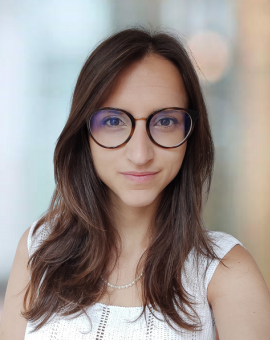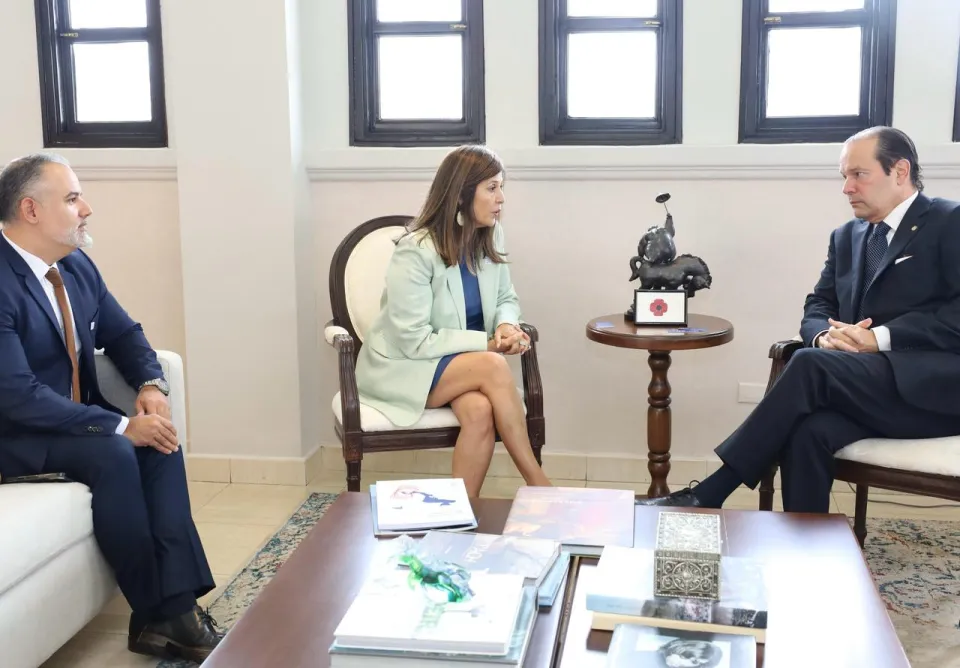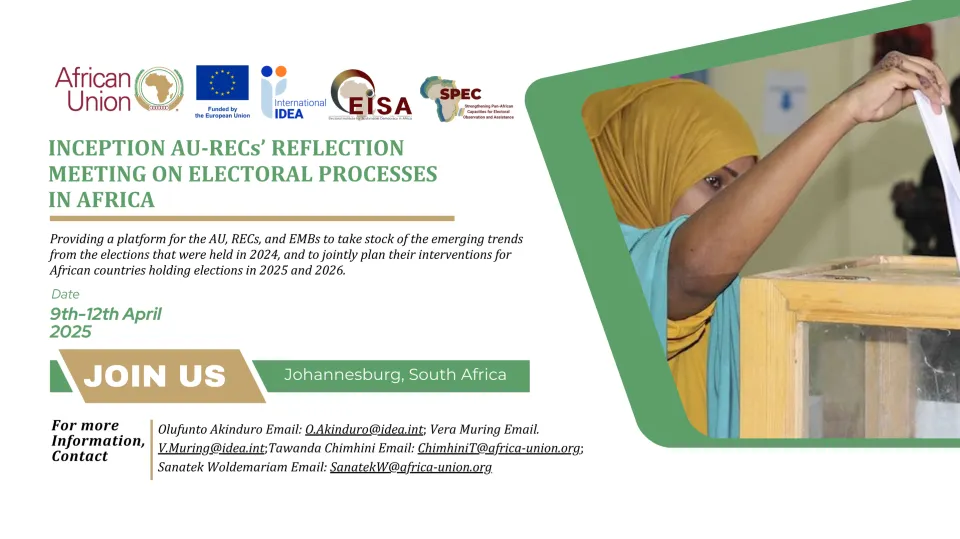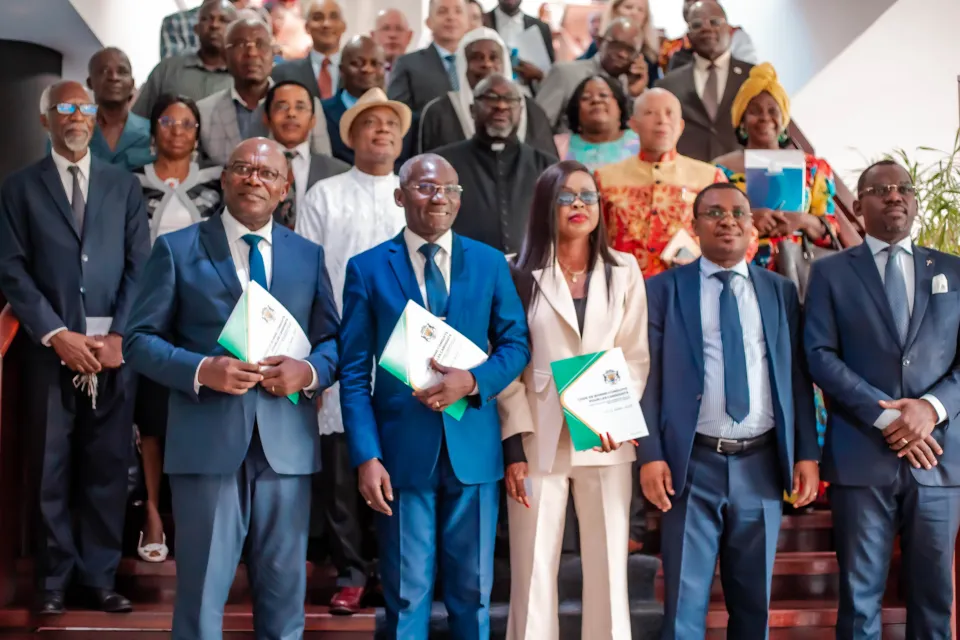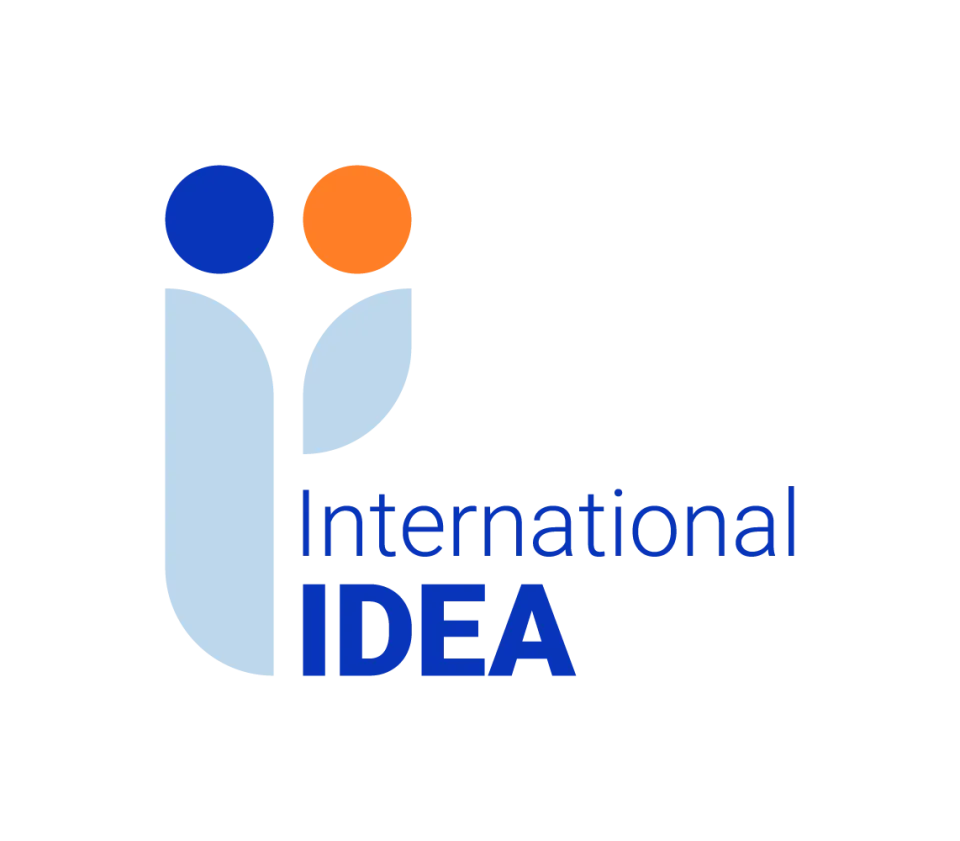International IDEA hosts a workshop of the EU Council Working Party on Human Rights
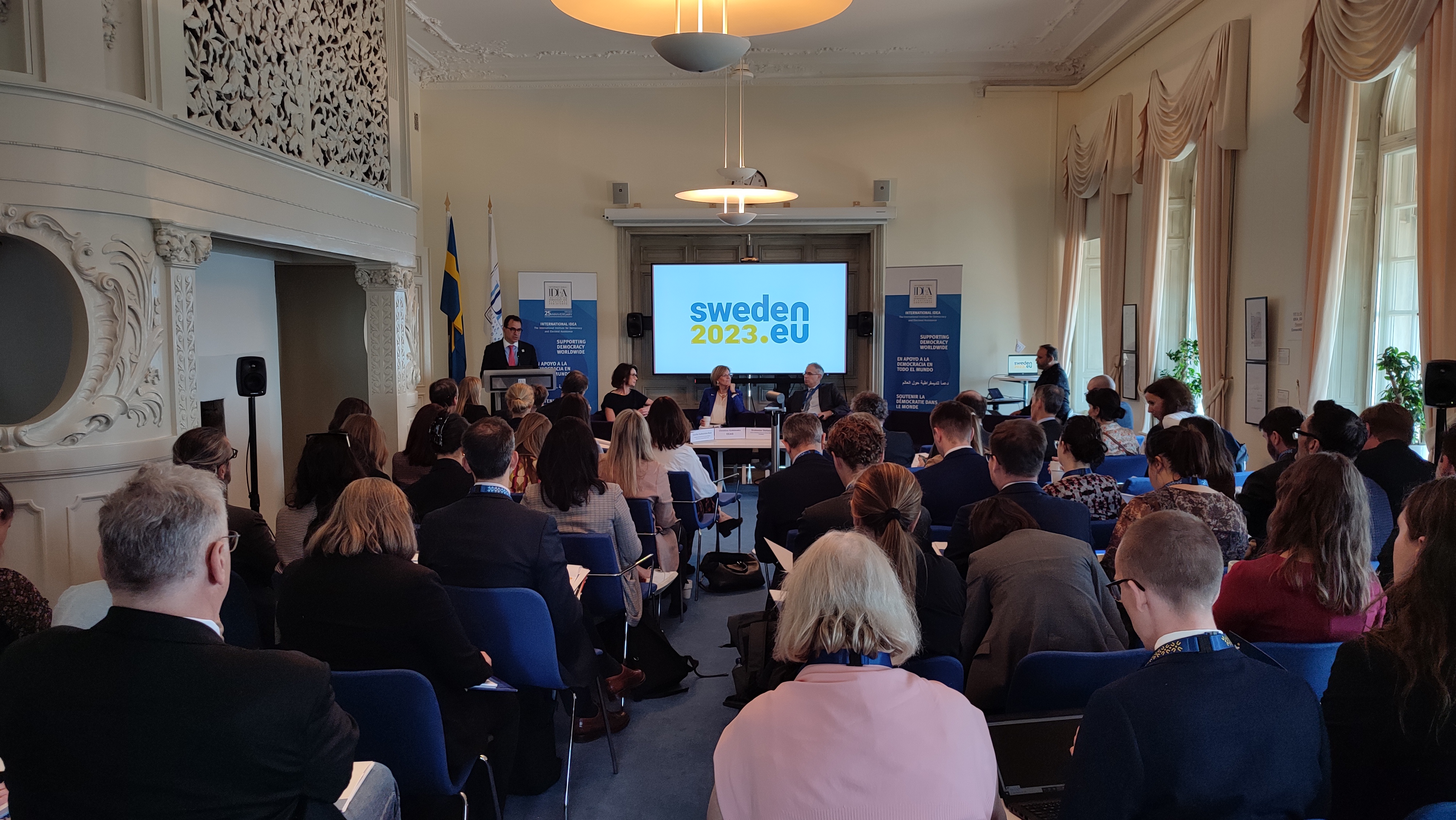
On 24 May 2023, International IDEA hosted a workshop organized by the Swedish Presidency in the framework of the Informal meeting of the EU Council Working Party on Human Rights (COHOM). Participants from the 27 EU Member States, the European External Action Service, the V-Dem Institute and International IDEA gathered to discuss how the EU narrative on democracy should be adapted to fit the new geopolitical reality.
As highlighted in International IDEA’s Global State of Democracy report, democracy is in retreat around the world. Over the last six years, the number of countries moving towards authoritarianism is more than double the number moving towards democracy. Faced with this reality, the EU as a major foreign policy and value-driven actor should play a key role in upholding a preserving democracy.
With the support of the Swedish presidency, International IDEA launched in January 2023 a Recommendations Report making concrete suggestions to further improve the EU’s external democracy action. One crucial finding, emerging from research and consultations with civil society and democracy actors in partner countries, indicates a need to reinforce the EU narrative on democracy to underline the relevance and efficiency of democratic systems more convincingly.
To frame the discussions, International IDEA presented some recommendations based on its Recommendations Report and on additional consultations and research led for the workshop. The V-Dem Institute provided an overview of its “Case for Democracy” campaign and its latest Democracy Report.
The informal workshop was the opportunity for EU Member States and EU institutions to reflect on how the EU can showcase democracy as a universal aspiration and make the case that it is the best governance model to deliver for its citizens. The informal discussions created a valuable space to elicit views on how the EU can lead by example while considering the views and concerns of external partners more carefully. Finally, participants discussed how to better communicate this adjusted narrative and ensure that it is properly reflected in upcoming EU political and policy processes.
